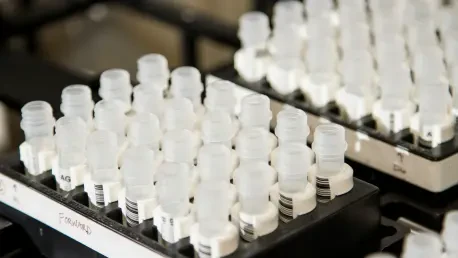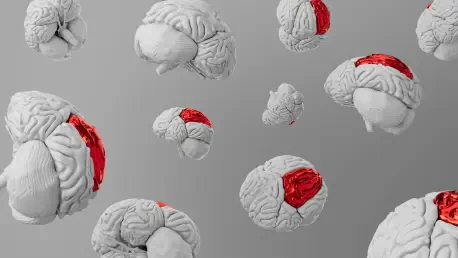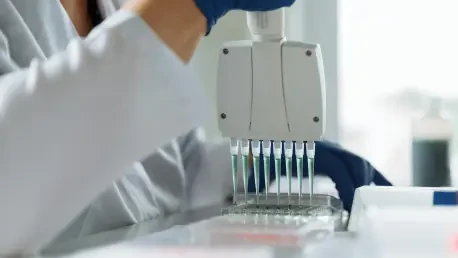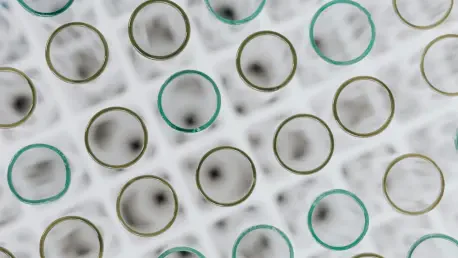
The ongoing quest to treat mitochondrial diseases has achieved a revolutionary stride, enhancing possibilities within gene therapy landscapes through mitochondrial base editing (mtBE). Recent innovations by scientists at the University Medical Center Utrecht signify a substantial advancement in

Recent preclinical studies offer a glimmer of hope for millions battling formidable solid tumors. Nagoya University's breakthrough work in CAR-T cell therapy, focusing on the Eva1 protein, presents a potential paradigm shift. Amidst rising global cancer rates, these developments could redefine

The world has long been challenged by the persistence of per- and polyfluoroalkyl substances, commonly known as PFAS, due to their stubborn nature and resistance to environmental degradation. These chemicals are essential in numerous industrial applications, leading to an accumulation in ecosystems

The recent proposal by Food Standards Australia and New Zealand (FSANZ) has sparked a heated debate regarding the potential deregulation of genetically modified (GM) foods, positioning Australia at a critical juncture in food regulation. The proposal, known as Proposal P1055, has drawn significant

The synthetic biology market is on an unprecedented trajectory, projected to swell to $40 billion by 2032. This substantial growth reflects synthetic biology's rising influence across numerous critical sectors, including healthcare, agriculture, industrial biotechnology, and environmental

Cancer treatment, long considered a formidable challenge, has seen significant advancements with the collaboration of engineering and biomedical sciences. The Cancer Bioengineering Collaborative represents a milestone in merging these disciplines to revolutionize cancer diagnosis, monitoring, and